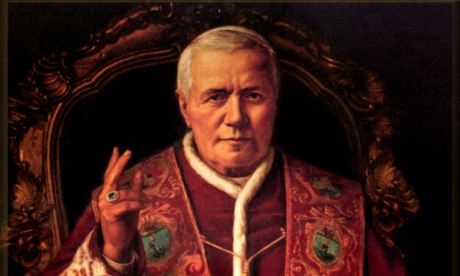Papers showing voting results during the 1903 conclave that elected Pope St Pius X have sold at auction in London for 4000 pounds.
This conclave was notorious for having a leading candidate, Cardinal Mariano Rampolla del Tindaro, ruled out by outside political interference.
Cardinal Rampolla, who had been Vatican secretary of state under Pope Leo XIII, was blocked by the Austro-Hungarian Emperor Franz Josef I using an instrument called the “Jus Exclusivae”.
This could be used at the time by three Catholic heads of state – the kings of Spain and France and the Holy Roman Emperor (later the Austrian emperor).
It was used 12 times between 1644, when it was instituted, and 1903.
It is believed the Emperor considered Cardinal Rampolla too liberal a candidate to be elected pope.
Pope Pius X, on the other hand, was a traditionalist who condemned modernism.
When Giuseppe Melchiorre Sarto, Patriarch of Venice, was eventually elected Pope Pius X at the conclave, he abolished the use of the veto.
Pope Pius X declared that anyone attempting to interfere in the election of a new pope would be excommunicated.
He decreed that at the start of future conclaves the cardinals must take an oath that they were not aiding any civil power in an attempt to influence the election.
On the second ballot, before the veto was presented, Cardinal Rampolla had 29 out of the 61 available conclave votes.
Cardinal Sarto, who only had 10 votes at this stage, was eventually elected on the seventh ballot.
The second ballot results were the ones shown on the auctioned ballot form.
After the auction, L’Osservatore Romano published details of all stages of voting at the 1903 conclave and the various intrigues therein relating to the veto.
Traditionally ballot papers from papal conclaves are burned to produce white or black smoke.
One of the documents sold with the voting tally form was a ballot from then Archbishop of Bologna, Domenico Svampa, voting for Sarto.
On the reverse of the form, Cardinal Svampa stated he voted for Sarto in each round, possibly to indicate that he wasn’t swayed by the veto.
The papers were part of a collection of an Italian journalist who has died.
Sources
